Keywords: Christmas Island
-
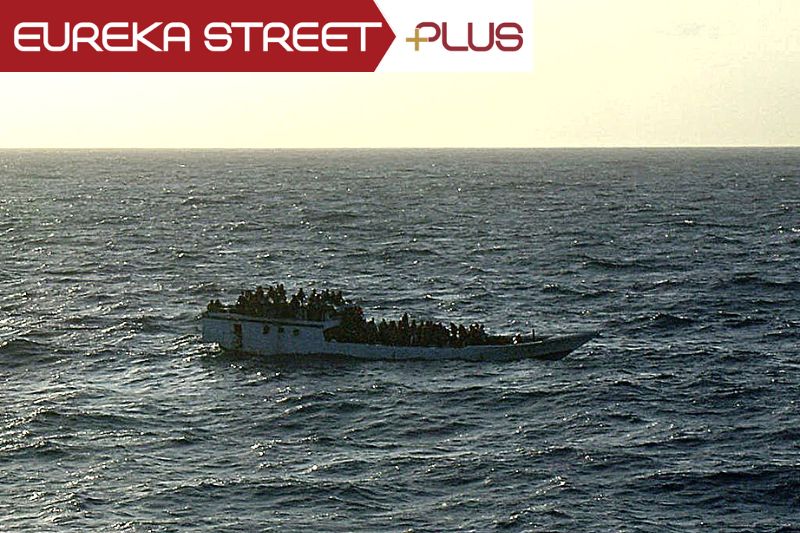
AUSTRALIA
- Kerry Murphy
- 04 January 2024
Throughout recent decades of Australian history, the stance every government has taken on asylum seekers has reflected the shifting political landscapes and challenging humanitarian issues that have continually shaped Australia's response to those seeking refuge.
READ MORE 
-

AUSTRALIA
- Anthony N Castle
- 02 August 2023
6 Comments
Despite a decisive electoral shift and promises to solve generational crises in housing, climate, and the cost-of-living, the change many longed for seems slow under Labor. What can be realistically expected from a government with a mandate for change, yet wrestling with complex problems that defy simple solutions?
READ MORE
-

AUSTRALIA
- Kerry Murphy
- 28 July 2023
How has Australia's asylum seeker policy changed over the past thirty years? The approach of every government has reflected the shifting political landscapes and challenging humanitarian issues that have continually shaped Australia's response to those seeking refuge.
READ MORE 
-
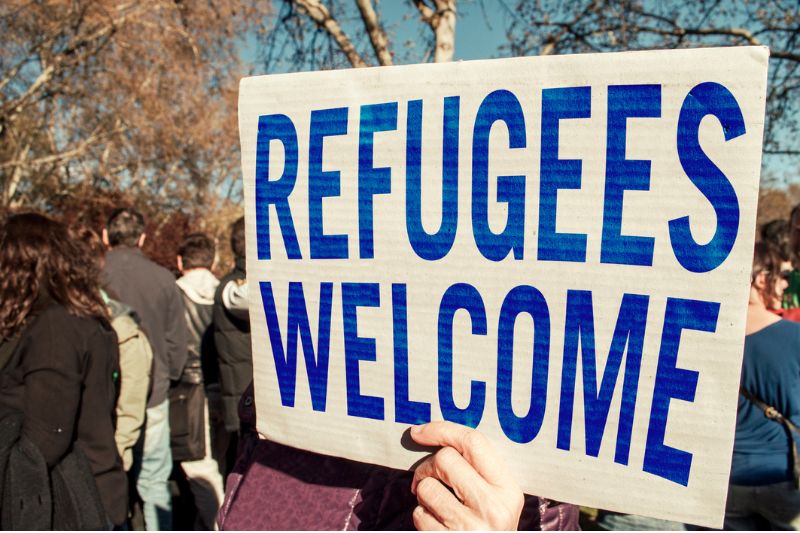
AUSTRALIA
- Kerry Murphy
- 16 February 2023
1 Comment
A Valentine’s Day present from the Minister for Immigration for those on temporary protection visas is a much-anticipated relief for approximately 19,000 refugees in Australia. And while a solution is welcome for these refugees, there remains around a further 10,000 whose status and future is uncertain.
READ MORE
-

INTERNATIONAL
- Justin Glyn
- 02 February 2023
No matter how much one might wish for an end to the pandemic, Covid is transmitted aerially, especially through close human interaction, and the virus itself remains stubbornly immune to optimism as a coping strategy.
READ MORE
-
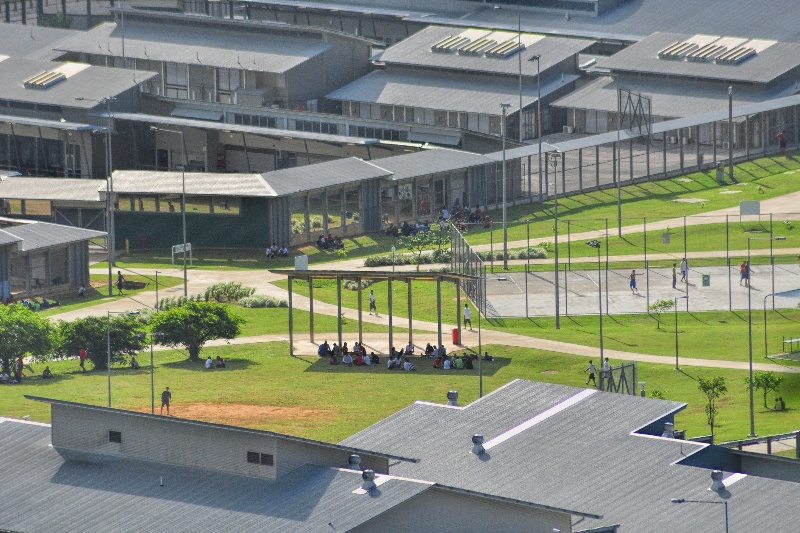
AUSTRALIA
- Farhad Bandesh
- 14 December 2022
3 Comments
My name is Farhad Bandesh. For seven-and-a-half years I was not called by my name. The Australian Federal Government took it away and changed my identity to a number. I was COA 060. I am Kurdish and we are a persecuted people.
READ MORE 
-
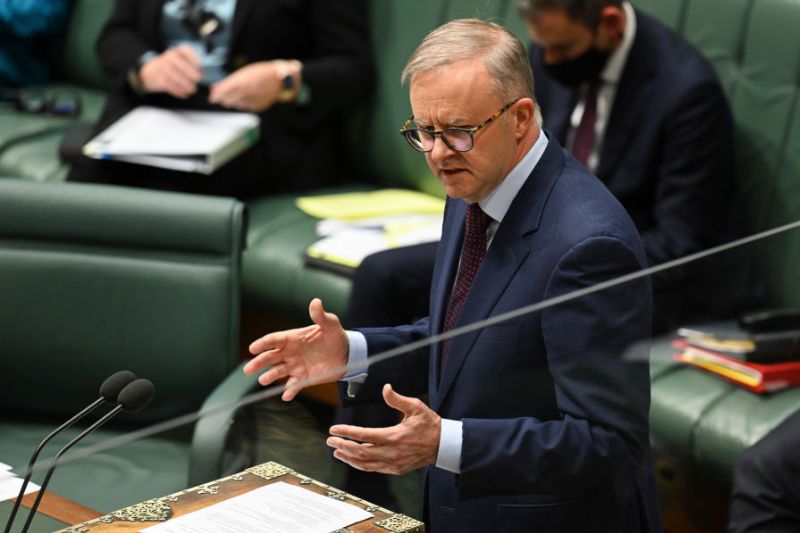
AUSTRALIA
- Frank Brennan
- 28 October 2022
6 Comments
In recent years, Australian policies in relation to asylum seekers and refugees have been unnecessarily mean, cruel and disorganised. The election of the Albanese government provides the opportunity for a reset, putting behind us the past mistakes of both Coalition and Labor Governments in the last 20 years.
READ MORE 
-
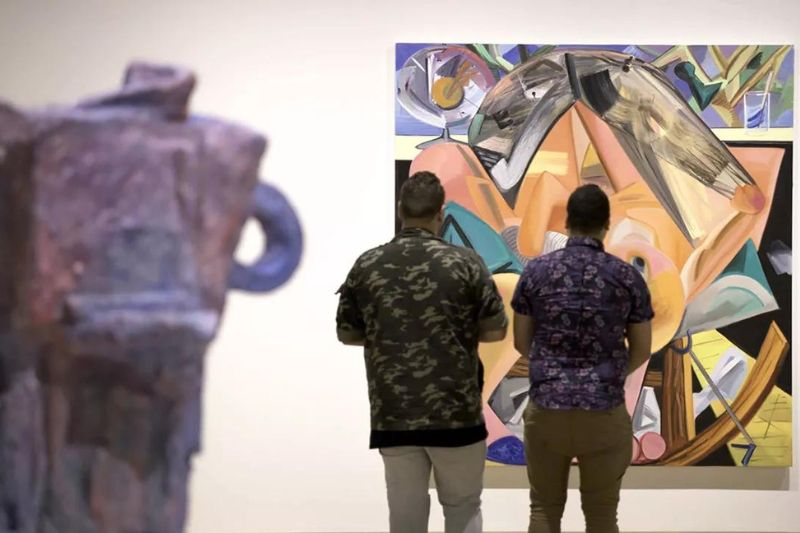
ARTS AND CULTURE
- Juliette Hughes
- 16 August 2022
1 Comment
Five years ago, the beloved and I were in a reality show called Everyone’s a Critic. The show took us all to art galleries, mostly in Melbourne and Sydney, plonked us in front of some artworks, asking us to say what we thought of them. I realised TV norms being what they are, that we could have a ten-minute conversation about artists with whom we were familiar and all that would make it onto the program would be ten seconds of me mentioning my mum.
READ MORE 
-
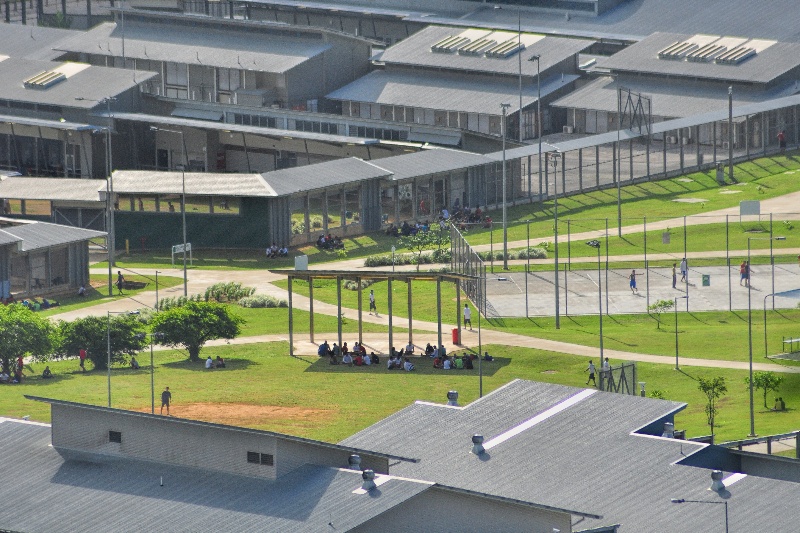
AUSTRALIA
- Maeve Elrington
- 02 August 2022
3 Comments
Former detainee, Kurdish-Iranian refugee Mostafa ‘Moz’ Azimitabar, seeks compensation from the Federal Government for what he alleges was unlawful detention. Detained offshore in Papua New Guinea (PNG) and in Australia for almost eight years, Moz is seeking compensation in the Federal Court of Australia for the physical and emotional toll of his detention, particularly from the final 14 months of detention in two Melbourne based hotels.
READ MORE 
-
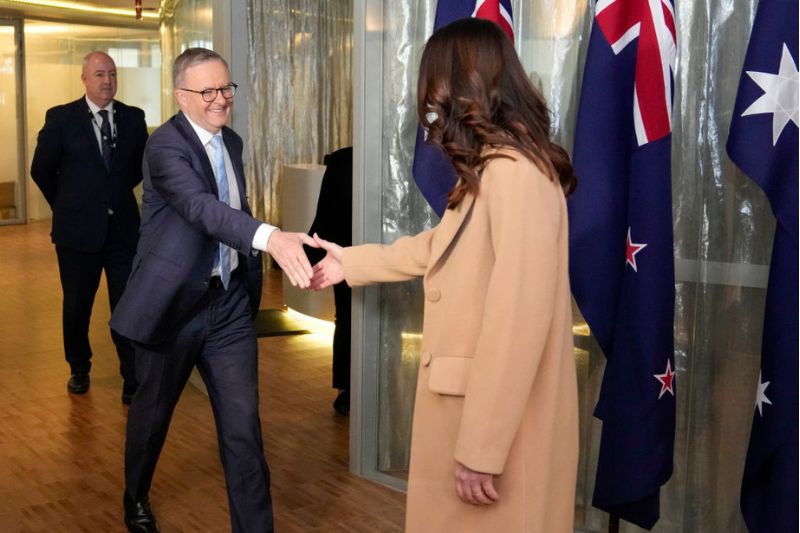
AUSTRALIA
- Andrew Hamilton
- 23 June 2022
7 Comments
Since the Federal Election one of the most refreshing features has been the new Prime Minister’s connection with people. Whether it is shown by riding a bamboo bicycle with the Indonesian President, expressing sympathy for the Nadesilingam family for their prolonged ordeal before returning to Biloela or agreeing with Jacinda Ardern, herself a model of public empathy, about the unreasonableness of expelling to New Zealand people who had never lived there, his actions displayed a readiness to listen and to enter the experience of other people.
READ MORE 
-
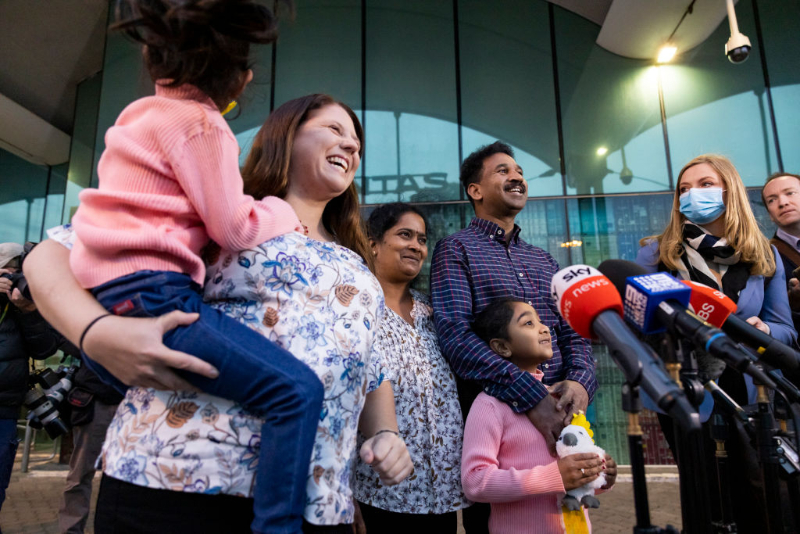
AUSTRALIA
- Binoy Kampmark
- 09 June 2022
9 Comments
In Australia’s treatment of refugees and asylum seekers, notably those arriving by boat, compassion and fairness have rarely threatened a policy deemed cruel, costly and ineffective. The fate of the Muragappan family has been a continuous, scandalising flashpoint about the nature of Australia’s border protection policies.
READ MORE 
-

AUSTRALIA
- Kerry Murphy
- 02 June 2022
7 Comments
The case of the Murugappan family illustrates the punitive and puritanical approach of the previous government towards human beings arriving in Australia by boat and then seeking asylum. The tone of each message clearly reflects totally different attitudes towards the people affected, with special note of the fact that Minister Chalmers rang the family to tell them, and then rang people in Biloela to pass on the news.
READ MORE 